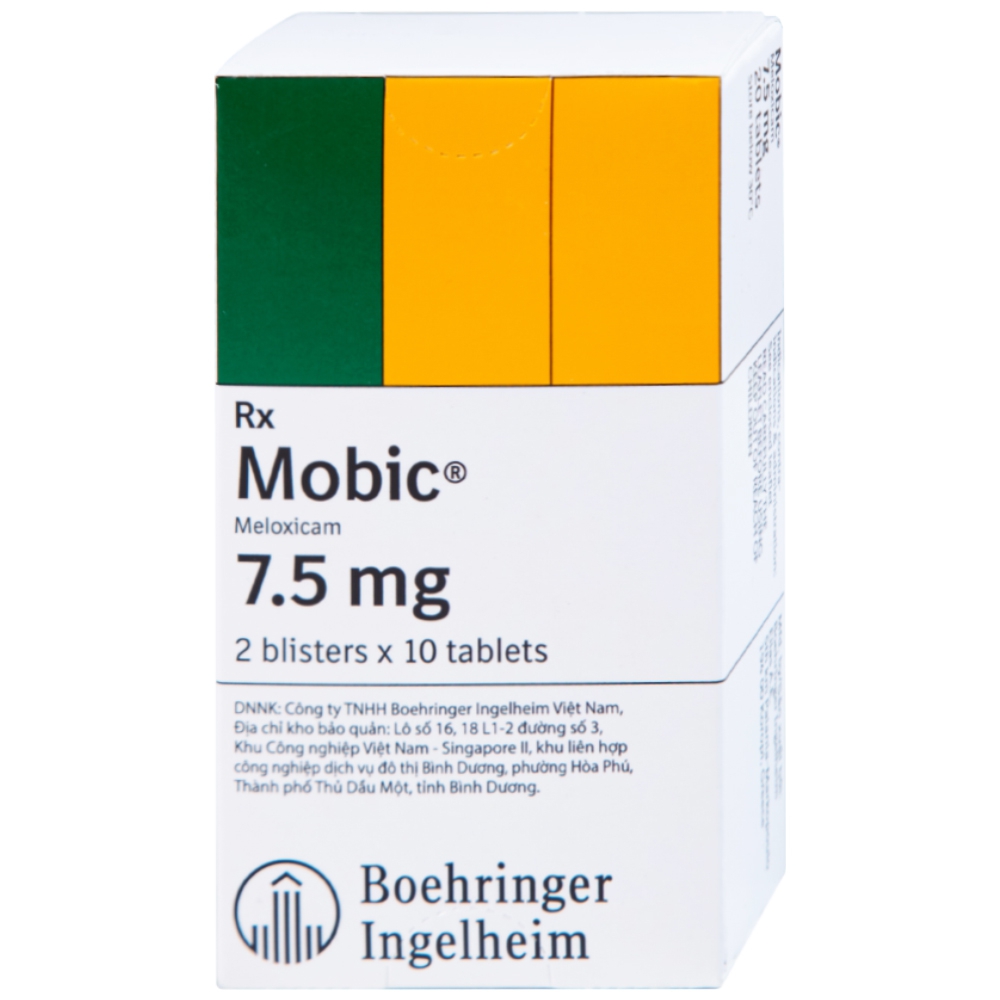Doxycycline Hyclate Side Effects: Know The Risks

Doxycycline hyclate, a derivative of tetracycline, is a broad-spectrum antibiotic used to treat various infections, including respiratory tract infections, skin infections, and sexually transmitted diseases. While it is effective against a wide range of bacteria, its use can be associated with several side effects, ranging from mild to severe. Understanding these potential risks is crucial for patients, as it enables them to make informed decisions about their treatment and to recognize when they need to seek medical attention.
Common Side Effects
The most frequently reported side effects of doxycycline hyclate are generally mild and temporary. These can include:
- Gastrointestinal issues: Nausea, vomiting, and diarrhea are among the most common side effects. These symptoms can often be managed by taking the medication with food or milk, although this may affect the drug’s absorption.
- Photosensitivity: Patients may experience an increased sensitivity to sunlight, leading to sunburns or skin rash. It is essential to use protective measures such as sunscreen and clothing when going outdoors.
- Headache and dizziness: Some individuals may experience headaches or feel dizzy. These effects are usually transient but can be a cause for concern if they are severe or persistent.
- Fatigue: Feeling tired or lacking energy is another common side effect, which can impact daily activities.
Serious Side Effects
While less common, doxycycline hyclate can cause more severe side effects that require immediate medical attention:
- Allergic reactions: Rare but potentially life-threatening allergic reactions can occur, characterized by symptoms such as difficulty breathing, swelling of the face, lips, tongue, or throat, and hives.
- Clostridioides difficile (C. diff)-associated diarrhea: Antibiotic use can lead to the overgrowth of harmful bacteria in the intestines, causing severe diarrhea. This condition can be life-threatening and requires prompt treatment.
- Pseudotumor cerebri (increased intracranial pressure): Headaches, vision changes, and papilledema (swelling of the optic disk) can be signs of increased pressure within the skull, a condition that needs urgent medical evaluation.
- Esophageal irritation and ulceration: Doxycycline hyclate can cause irritation or ulcers in the esophagus, especially if the pill does not move smoothly into the stomach. Drinking a full glass of water with the medication can help mitigate this risk.
Rare but Significant Side Effects
In addition to the more common side effects, there are rare but potentially serious adverse reactions to be aware of:
- Hypersensitivity reactions: Including anaphylaxis, angioedema, urticaria, and serum sickness.
- Hepatotoxicity: Elevated liver enzymes and, in rare cases, liver failure.
- Renal toxicity: Impairment of kidney function, potentially leading to kidney failure.
- Blood dyscrasias: Including hemolytic anemia, thrombocytopenia, neutropenia, and eosinophilia.
Special Considerations
- Pregnancy and lactation: Doxycycline hyclate can inhibit bone growth and cause tooth discoloration in the fetus. It is also secreted into breast milk, potentially affecting the infant’s teeth and bones.
- Pediatric use: Children under 8 years old should not be given doxycycline hyclate due to the risk of tooth discoloration and inhibition of bone growth.
- Drug interactions: Doxycycline hyclate can interact with various medications, including antacids, iron products, and blood thinners, affecting its efficacy or increasing the risk of side effects.
Conclusion
While doxycycline hyclate is an effective antibiotic for treating a range of infections, it is crucial for patients to be aware of its potential side effects. By understanding these risks, individuals can better manage their treatment, recognize when to seek medical help, and work closely with their healthcare provider to find the most appropriate therapy for their condition.
What is the most common side effect of doxycycline hyclate?
+Gastrointestinal issues, such as nausea, vomiting, and diarrhea, are among the most frequently reported side effects.
Can doxycycline hyclate cause allergic reactions?
+Yes, although rare, doxycycline hyclate can cause allergic reactions, including potentially life-threatening anaphylaxis. Seek immediate medical help if symptoms occur.
Is doxycycline hyclate safe for children?
+No, children under 8 years old should not be given doxycycline hyclate due to the risk of inhibiting bone growth and causing tooth discoloration.
Can doxycycline hyclate interact with other medications?
+Yes, doxycycline hyclate can interact with various medications, including antacids, iron products, and blood thinners. Inform your healthcare provider about all medications you are taking.
What should I do if I experience severe side effects from doxycycline hyclate?
+If you experience severe side effects, such as difficulty breathing, severe stomach pain, or signs of an allergic reaction, seek immediate medical attention.
In conclusion, while doxycycline hyclate is a valuable antibiotic, its potential side effects necessitate careful consideration and monitoring. Patients should maintain open communication with their healthcare providers to ensure safe and effective treatment. By doing so, they can navigate the potential risks associated with doxycycline hyclate and achieve the best possible outcomes for their condition.



